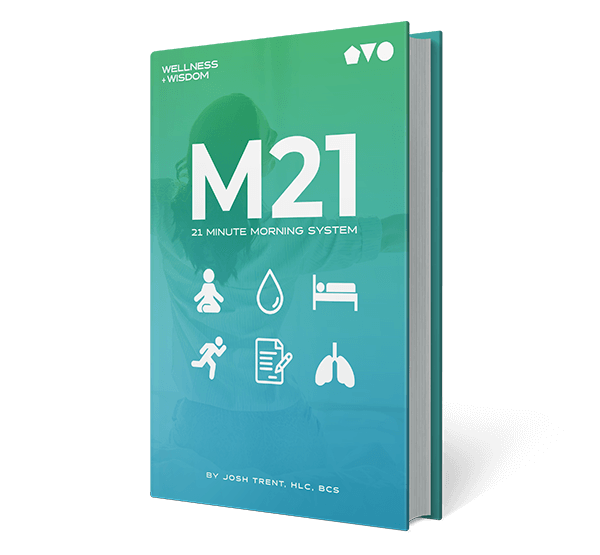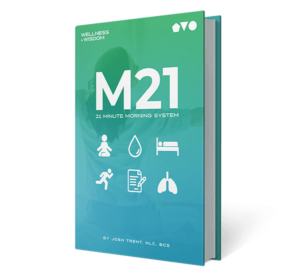 Public health is a vital field that focuses on improving the health and well-being of people at the community and global levels. Unlike clinical professionals who focus primarily on treating individuals after they become sick, public health aims to prevent illnesses and promote wellness across entire populations. This field combines science, policy, and education to tackle complex health issues ranging from disease prevention to environmental safety, health education, and emergency preparedness. Understanding public health and its significance can help us appreciate the essential role it plays in creating healthier communities and a safer world.
Public health is a vital field that focuses on improving the health and well-being of people at the community and global levels. Unlike clinical professionals who focus primarily on treating individuals after they become sick, public health aims to prevent illnesses and promote wellness across entire populations. This field combines science, policy, and education to tackle complex health issues ranging from disease prevention to environmental safety, health education, and emergency preparedness. Understanding public health and its significance can help us appreciate the essential role it plays in creating healthier communities and a safer world.
Table of Contents
1. History of Public Health
The history of public health is a fascinating chronicle of humanity's battle against disease and its quest for better living conditions. From the sanitation practices of ancient civilizations to the establishment of the first public health agencies in the 19th century, each era has faced unique challenges. Significant events, such as the cholera outbreaks of the 1800s and the influenza pandemic of 1918, prompted innovations in disease control and prevention that form the backbone of modern public health practices. Understanding this history helps public health professionals anticipate and mitigate health crises by applying lessons learned from the past.
2. Educational Pathways in Public Health
A career in public health requires a solid educational foundation typically beginning with a bachelor’s degree in public health or a related field. However, advancing in public health often necessitates further specialization. An online Master of Public Health from Augusta University offers a flexible, comprehensive curriculum that prepares students to tackle pressing health issues effectively. This degree can open doors to leadership roles in healthcare policy, epidemiology, and global health initiatives, providing the tools needed to effect change and improve public health outcomes on a large scale.
3. Key Functions of Public Health
Public health operates through three core functions: assessment, policy development, and assurance. Assessment involves systematically collecting, analyzing, and sharing information about health hazards and health status within the community. Policy development uses the knowledge gained during assessment to create comprehensive public health policies that encourage and protect community health. Assurance ensures that all populations have access to necessary, quality health services and that these services are effectively delivered and continuously improved. These functions are integral to the public health system’s goal of preventing disease and promoting health at the community level.
4. Role of Epidemiology
Epidemiology is often considered the backbone of public health because it helps clarify the factors that influence health and disease in populations. Epidemiologists study the distribution and determinants of health-related states or events in specified populations, and apply this study to control health problems. By tracking disease outbreaks, analyzing their spread, and evaluating intervention strategies, epidemiology provides crucial data that informs public health decisions and policy-making. This role is especially critical in times of health crises, such as the recent COVID-19 pandemic, where rapid, data-driven decisions are essential for managing public health responses.
5. Prevention and Wellness
A major focus of public health is on prevention and wellness, which aims to reduce the incidence of disease by managing risk factors before they lead to illness. Effective public health programs create conditions that promote good health, such as vaccination programs, smoking cessation initiatives, nutritional guidance, and more. These programs not only help extend life expectancy but also improve the quality of life. Successful public health campaigns, such as those aimed at reducing the spread of HIV, preventing childhood obesity, and combating substance abuse, demonstrate the power of prevention in public health.
6. Global Health Initiatives
Public health extends beyond local or national boundaries to address global health challenges. Initiatives such as the World Health Organization's efforts to eradicate polio and the global response to HIV/AIDS are examples of how public health professionals work across countries to improve health and prevent disease. These initiatives often involve collaborations between governments, international agencies, and non-governmental organizations to deploy resources where they are most needed and to ensure that health strategies are culturally appropriate and sustainable. Additionally, global health initiatives focus on strengthening healthcare systems in low-resource settings, enhancing global health security, and promoting equity in health access and outcomes worldwide. By tackling these complex issues, public health professionals play a crucial role in reducing health disparities and improving global health resilience.
7. Public Health Ethics
Ethical considerations in public health involve complex decisions that balance individual rights with community well-being. Issues such as vaccine mandates, quarantine during outbreaks, and the allocation of limited healthcare resources require thoughtful ethical analysis. Public health ethics also encompasses the principles of justice, which demand fair access to healthcare services, and transparency in public health decision-making. Ethical guidelines ensure that actions and policies are not only effective but also morally sound, fostering public trust and cooperation in public health initiatives.
8. Challenges Facing Public Health
The field of public health faces numerous challenges, including emerging infectious diseases, chronic disease management, and environmental health risks. Other significant challenges include addressing health disparities affected by socio-economic factors and navigating the political and economic implications of public health policies. Public health professionals must also contend with misinformation and skepticism about health practices, which can hinder public health efforts. Developing innovative solutions and leveraging technology, such as digital health tools and data analytics, are critical for overcoming these challenges and advancing public health goals.
9. Public Health Careers
Public health offers a wide range of career opportunities, each contributing uniquely to the health of communities. Professionals might work in areas such as epidemiology, environmental health, biostatistics, health education, and health policy. Careers in public health can be found within local, state, and federal health departments, private non-profit organizations, international agencies, and academic institutions. Each role requires a combination of specialized knowledge, analytical skills, and a passion for improving public health.
Conclusion
Public health is a dynamic and essential field that impacts every aspect of society. From controlling infectious diseases to improving global health security, public health professionals strive to create conditions that allow people to live healthier and longer lives. By understanding what public health is and why it is important, more individuals may be inspired to support or join this crucial field. As we look to the future, the role of public health will only grow in importance, highlighting the need for continued investment in public health education, research, and practice.









